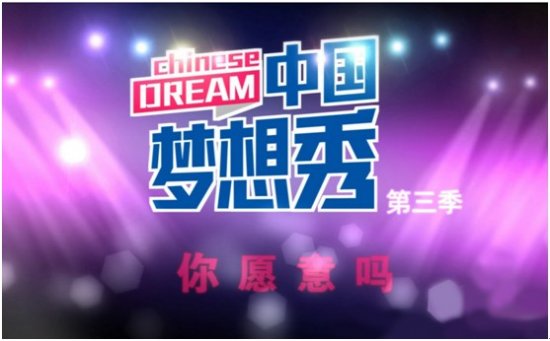
June 29, 2013, by Tony Hong
Disability in China
By Nancy Ng Chai Lian,
Second Year Student, MSci Contemporary Chinese Studies, The University of Nottingham UK.
In a TV program in China, 中国梦想秀 ‘Chinese Dream Show’ hosted by 周立波 Zhou Libo, I saw an autistic boy who was in his late twenties, but mentally he was 6 years old. His parent’s wish was for this only child to find a job. The autistic boy could draw but was most happy when he could play the piano. His parents were tempted to have another child when they discovered he was autistic but seeing him so cuddly and cute they decided not to have another child but to keep him. His parents spent most of their lives taking care of him and nurturing him as best as they could by giving him all the opportunities for him to learn whatever he liked. He was one of the rare lucky ones because most Chinese parents will tend to have a child who is healthy and intelligent to bring achievements and ‘mianzi’ to the family.
Meanwhile, browsing the blog of China Policy Institute, I read an article about the Paralympics and disability in China. Surprisingly, the blogger’s views sounded familiar to mine. I conducted a field study, which is more credible in finding out whether disabled people are a stigma in China. I carried out a questionnaires’ survey on students between the ages of 17-25 from UNNC and of those age 30 above whom some may not understand English, working or living within or outside the campus. With these two groups I held separate focus groups– one with students and one with older people.
The results of my finding show that most participants in their survey could accept the congenital disabled more than the acquired disabled as a child, but in focus groups they showed a very different view where they accepted the acquired disabled more readily. The focus group expressed that though they could have another child, but they cannot afford to take care of two children. The real reason could be found in my second question – whether they would be embarrassed to have a disabled member in the family. The students showed that they were pretty embarrassed while the older folks displayed more tolerance but in the focus group they expressed embarrassment to have a disabled member in the family. This shows that there is still a stigma of the disabled by both groups.
For questions about whether the government should do more for the disabled and also whether the disabled should have the right of access to higher education, both groups agreed. Strangely, they all disagreed that disabled people are better valued in the West. However, when I explained to them how disabled are better treated in the West they changed their views.
Regarding the issue of whether the mentally ill and learning disabled should be categorized as disabled, the students agreed unanimously but the older groups have different views. They believed mental illness can be improved and should not be labeled.
Reports in the Western press of official discrimination against mentally disabled Chinese, raised ethical alarm bells. However, the present danger is not that the single party lead government is forcefully implementing eugenic measures against popular will. Professor Frank Dikötter believes, “It is a complex issue of how the current government is adopting and adapting the deep historical and cultural roots of eugenics thinking and medical knowledge in China.”
One of the problems of the disabled has to do with ‘mianzi’ or face. Throughout the history of China, achieving greatness is gaining good education for the advancement of the nation and one’s family and society. The Chinese concept of ‘mianzi’ where children’s educational success will bring glory and honor to the family is undeniably a crucial factor in deciding gender selection and perfect conception. Though the family with disabled child can choose to have another child in one child policy, yet this will mean an added financial burden to the 421 family structure phenomena.
What does this conclude? Though after 30 over years of open market policy and modernity, Chinese people are still embedded in their history and culture. Generally both students and older folks rely on the government to do more, yet the students do feel embarrass to have disabled family member. One very clear indication I received from my studies is that “mianzi” plays an important role in their perception of disabled people which means disabled people in China are a stigma.
No comments yet, fill out a comment to be the first

Leave a Reply